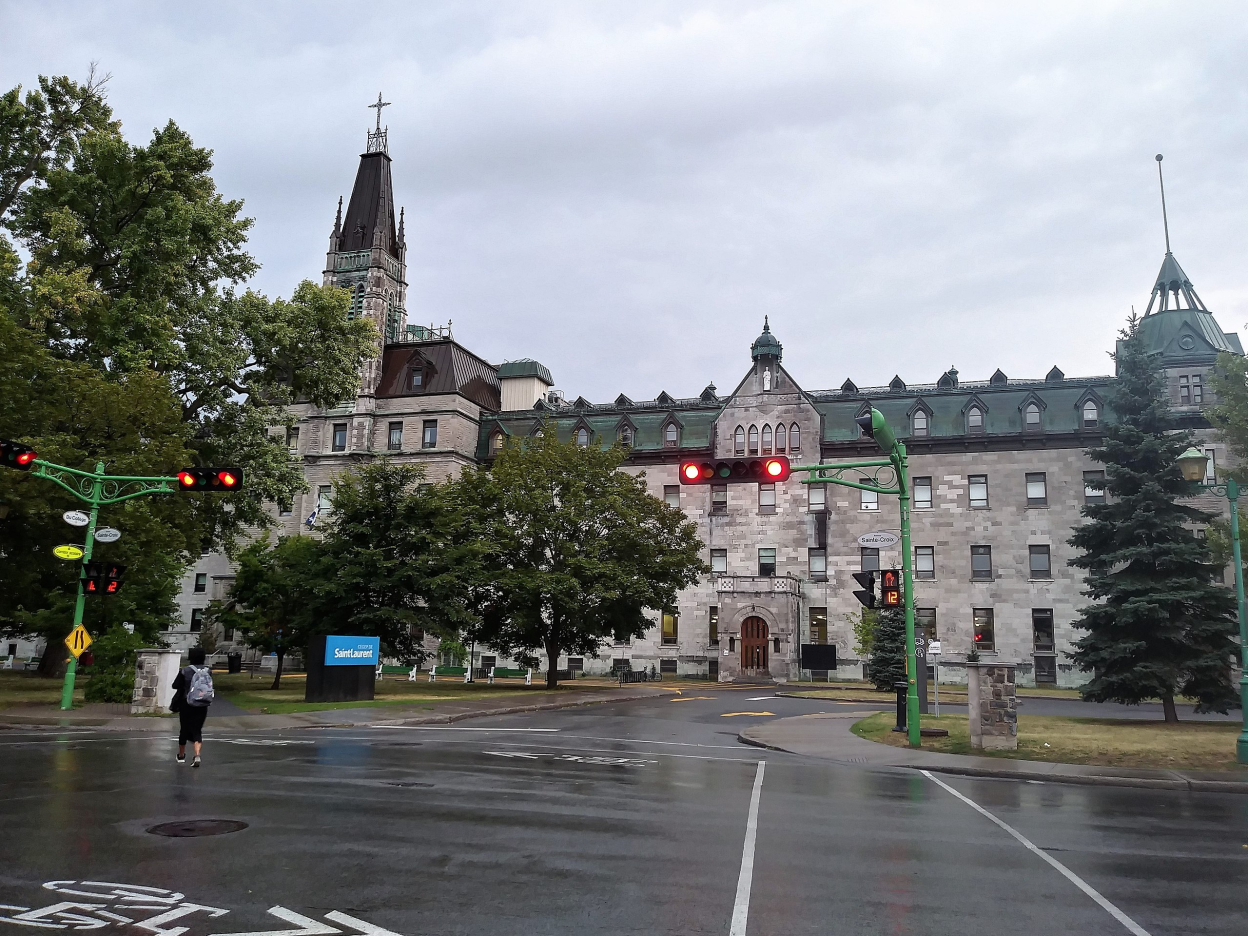After a cut of over $400 million in the school maintenance budget, it is now the turn of the CEGEPs to suffer from the CAQ’s fiscal austerity. Without consultation, François Legault’s government has imposed cuts of up to 60% on the budgets of CEGEPs, which had already been approved by their boards of directors. At a time when 56% of Quebec’s schools are in critical condition, and CEGEPs are bursting at the seams and on the verge of collapse, the CAQ’s decision comes as a shock to the education community.
According to the Auditor General of Quebec, two-thirds of CEGEPs are in a poor state of repair, yet the number of CEGEP students is rising at a rate not seen in 25 years. Infrastructure needs are clearly glaring. However, it’s not just renovation work that has been put on hold, but also expansion work.
At CEGEP Saint-Laurent (CSL), which is faced with major renovation work, the investment budget has been cut in half. The decision was communicated to employees by e-mail, without consulting them. CEGEP management was informed of the decision on 31 July, less than a month before the start of the new school year.
The press release sent to employees, a copy of which was obtained by The North Star, states, “The Ministry of Higher Education (MoHE) has informed all higher education institutions that it is changing the way it deals with investment expenditure: an annual limit is now imposed on institutions. This is an unexpected measure, and the information had to be confirmed at a meeting with the Ministry’s representatives”.
Maxime (not his real name), a CSL employee contacted by The North Star, explains, “The investment budget covers expenditure on buildings, furniture, infrastructure, IT and the library. What’s special for us is that we have a special allocation for building repairs, because we had to condemn an entire pavilion last year due to dilapidation (structural problems)”.
Despite the special allocation, the CSL is facing serious infrastructure problems. Several classes and offices will have to be relocated more than 30 minutes from the CEGEP to the former National Film Board (NFB) offices. As a result, campus life and collaboration between colleagues will be fragmented.
According to Maxime, the cuts announced will mainly affect “material resources, IT and the library. In IT, a number of projects will be cut, as well as a number of investments (tablets, digital spending). So, in the coming weeks, I should be holding quite a few meetings where we’ll be telling teachers that we’re putting an end to their projects.”
For the CEGEP employee, the cuts will also exacerbate the problems associated with relocating classes and offices. “Pedagogical expenses will be prioritized, so we can conclude that mainly administrative expenses will be affected. It’s likely to be complicated, because we already have office space issues due to the closure of Pavilion B.”

In primary and secondary schools, the CAQ’s decision over the summer to withdraw $400 million in funding for building maintenance sent shockwaves.
Once again, the decision was taken without consultation. What worries the community most is the government’s lack of long-term vision. The announcement of the cuts was not accompanied by a plan for the coming years.
Luc Beauregard, Secretary Treasurer of the CSQ, reacted in a press release. “This attitude demonstrates the lack of transparency in the management of public finances at a time when the government claimed, when presenting its last budget, that it would reduce the building maintenance deficit.”
The need to renovate school buildings is considerable. At the Centre de services scolaires de Montréal (CSSDM), 3/4 of the schools are in poor condition. The CSSDM’s building stock would need an investment of nearly two billion dollars in renovations.
The government’s inaction in the face of dilapidated schools is leading some schools to condemn classrooms. It is becoming increasingly common for students to have to transfer from their local school to another.
Many community organizations are also feeling the impact of the government’s inaction. In 2023, some fifty organizations on the island of Montreal were evicted by the CSSDM, which owns the buildings they rent. The CSSDM explained that it needed the premises to turn them into classrooms.
Neither the CSSDM nor the Ministère de l’Éducation offered any relocation solution to the organizations faced with a 50-day deadline before they found themselves out on the street. The evicted organizations offered essential services in their neighbourhoods, such as food aid.

